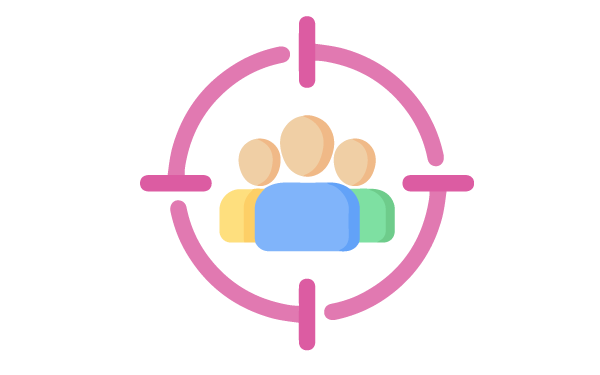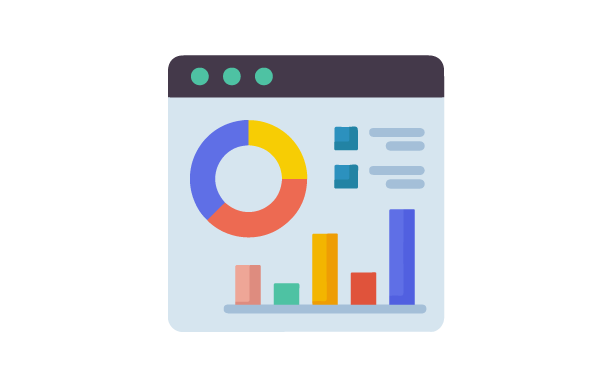Leveraging Blogs and Website Content for Online Growth
Blogs and website content are extremely powerful SEO (search engine optimization) tools that can drive traffic, engage audiences, and generate leads. By strategically creating and distributing high-quality content, businesses can establish authority in their industry and build lasting relationships with their audience. In this article, we explore effective strategies for leveraging blogs and website content to achieve online growth.
Developing a Content Strategy
Begin by identifying your target audience and understanding their needs and preferences. Conduct keyword research to determine what topics are relevant and in demand. Develop a content calendar that outlines your publishing schedule and the type of content you will produce. Ensure your strategy aligns with your overall business goals, whether it’s increasing website traffic, generating leads, or enhancing brand awareness.
Blogging Best Practices
Consistency is key in blogging. Aim to publish new content at least once a month to keep your audience engaged and improve SEO. The length of your posts should vary based on the topic, but generally, long-form content (1,500+ words) performs well in search engines. Use a mix of formats such as how-to guides, listicles, opinion pieces, and case studies to cater to different reader preferences. Incorporate visuals like images, infographics, and videos to make your posts more engaging.
Guest Blogging and Content Syndication
Identify blogs that have a similar audience and offer to write high-quality content for them. Content syndication involves republishing your content on other platforms to reach a wider audience. Ensure that you have the proper permissions and use canonical tags to avoid duplicate content issues with search engines.
Repurposing Content for Reach Across Platforms
Maximize the reach of your content by repurposing it for different platforms. Turn blog posts into videos, infographics, podcasts, or slide presentations. Share snippets on social media with links back to the full content. Create downloadable content like eBooks or whitepapers from a series of related blog posts. This approach allows you to cater to different audience preferences and extend the lifespan of your content.
Measuring Content Marketing ROI
Tracking the effectiveness of your content marketing efforts is essential. Use tools like Google Analytics to monitor website traffic, bounce rates, and conversion rates. Track metrics such as social shares, comments, and backlinks to gauge engagement. Set specific goals for each piece of content and measure against them. Calculate the return on investment (ROI) by comparing the costs of content creation and promotion to the revenue generated from leads or sales.
At HTC, our team of experienced writers and editors craft captivating website copy and informative blog articles that will engage your audience, improve search engine rankings, and establish your business as an industry authority. If you don’t already have one, our web development experts can also set up a blog section on your website that seamlessly integrates with your existing website design.
Download our 17-Piece Digital Marketing Toolkit for more information on our content marketing services.




